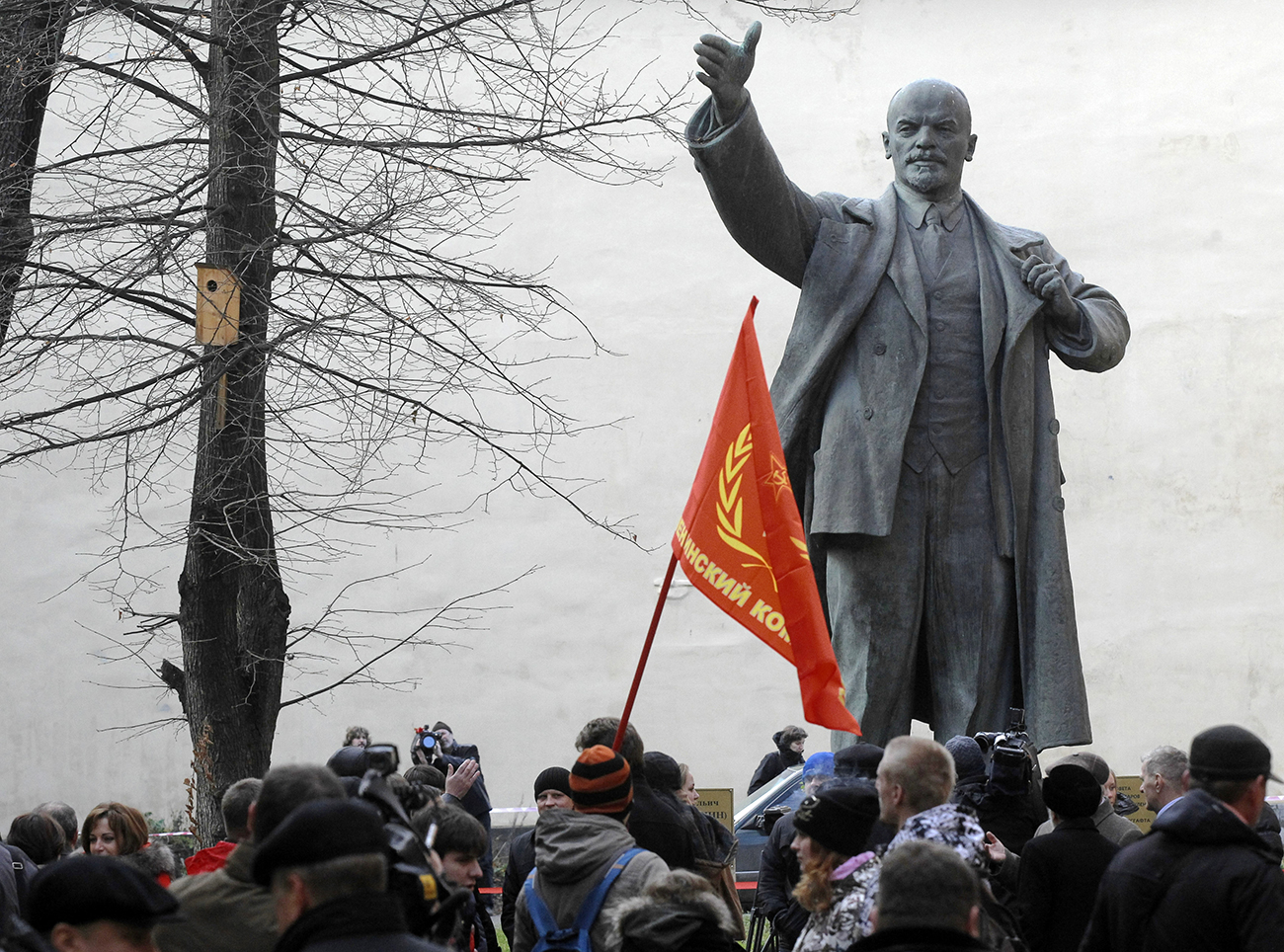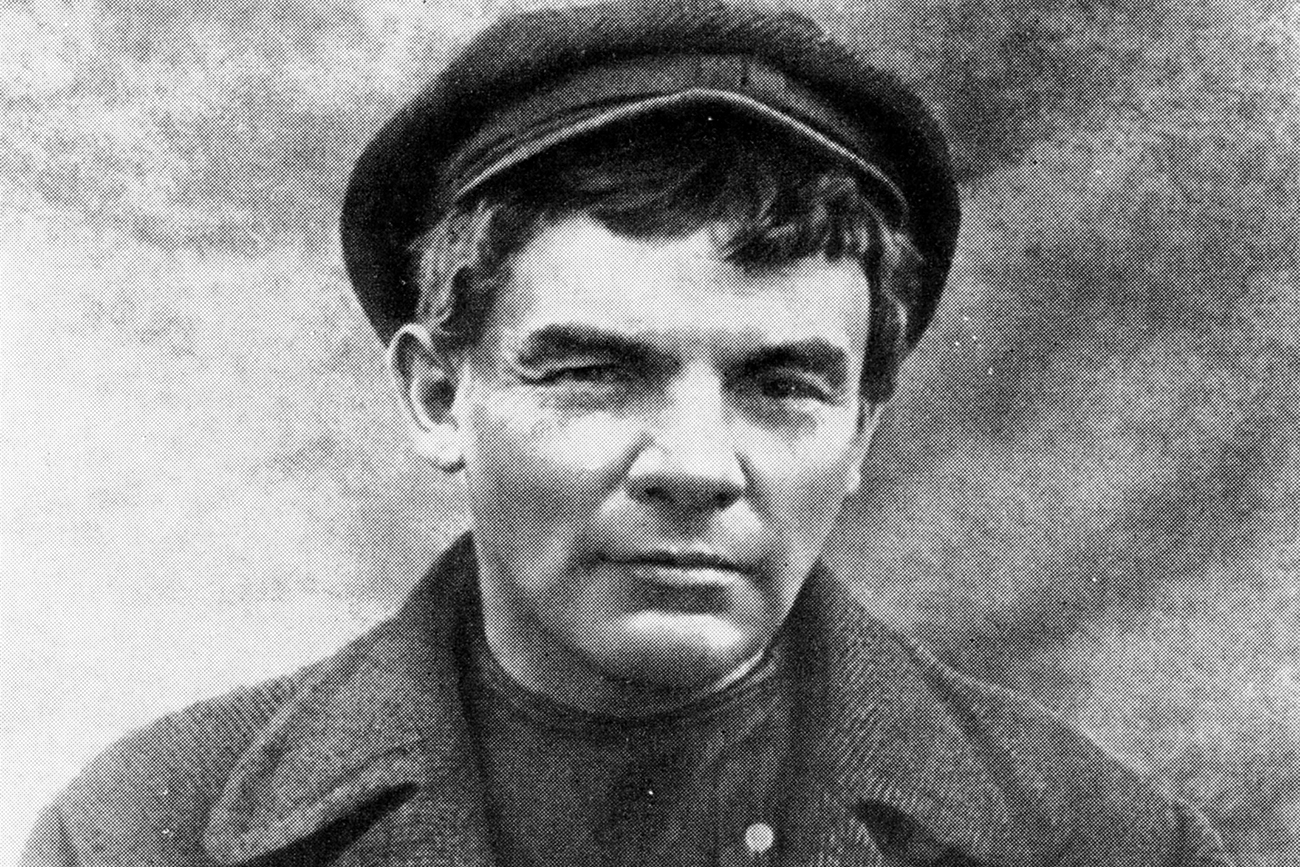Lenin may be dead, but his popularity is alive and kicking

In 2017, about a quarter of respondents believe no one will ever try to follow in Lenin’s footsteps again.
Alexei Danichev/RIA NovostiOnly 14 percent of Russian citizens support the destruction of Lenin statues, the Levada Center has found, according to the Kommersant business daily (in Russian).
He is very symbolic to many Russians, sociologists say. Lenin’s role in history is viewed in a positive light by 57 percent of people who took part in this year’s poll, which is 17 percent more than 11 years ago.
Each year, an increasing number of Russians express a favorable attitude towards the late communist revolutionary, the Levada Center – which conducted the survey on Lenin’s birthday (April 22) – found.
Polls taken in 2006, 2016, and 2017 show a slight increase in Lenin’s popularity, with more people viewing him in an "entirely positive" light. On the contrary, this year 17 percent of people said Lenin played a "rather negative" role in the history of Russia, and five percent said his actions were "very negative."
The Executive Secretary of the Russian Historical Society, Andrei Petrov, told the Kommersant newspaper that the increase in the number of citizens who believe Lenin played a positive role in history is "a completely legitimate tendency."
"There is a decrease in the intensity of the controversy over the events of a hundred years ago. For people, Lenin remains the founder of the Soviet period of history, the first leader of the Soviet state," he said.
This year, about a quarter of respondents believe no one will ever try to follow in Lenin’s footsteps again, while roughly the same number said he "led the country along the path of progress." A fifth of those polled said his ideas were "distorted by his followers" and another fifth believe Lenin led the country to a "brighter future."
A third of Russians want to keep Lenin’s body in the Mausoleum on Red Square. "Those who want to leave Lenin in the Mausoleum are always in the minority (in 2012 there were 25 percent, in 2006 – 38 percent, RBTH). The question is where to bury him," Alexei Grazhdankin, deputy director of the Levada Center said. Volkovsky cemetery in St. Petersburg and the Kremlin are among the most popular choices for Lenin’s final resting place.
"Most often, respondents talk about the burial of Lenin at the Kremlin wall, and this corresponds to his role in representing citizens. People believe that he played a big role, his burial emphasizes this symbolic role," Grazhdankin said.
According to the survey, only four percent of respondents absolutely agree with the statement that the monuments of Lenin should be demolished, while 10 percent "rather agree." The large majority did not agree. According to Alexei Grazhdankin, in recent years the attitude of Russians towards the symbols of the Soviet era is improving. "Even in Moscow, the majority in one way or another supports the return of the monument to 'Iron Felix' (a Polish and Russian Bolshevik revolutionary)," said the sociologist.
Read more: Who is to blame for the 1917 Russian Revolution?>>>
If using any of Russia Beyond's content, partly or in full, always provide an active hyperlink to the original material.
Subscribe
to our newsletter!
Get the week's best stories straight to your inbox
